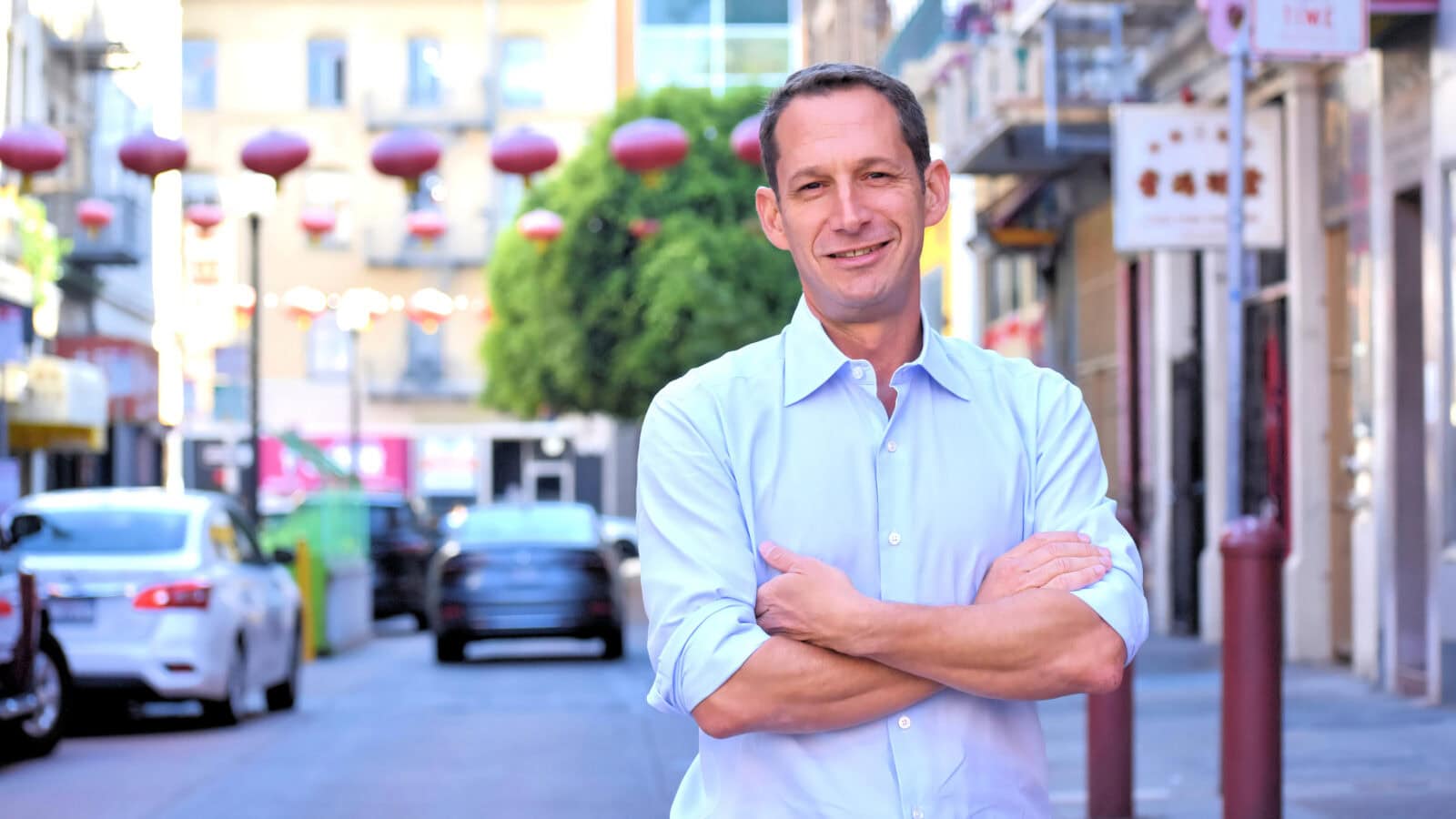$37.5 million in gifts led by Daniel Lurie’s $11 million donation and support from the Schwab, Moritz, Heyman, Geeslin families aims to reshape the future of homelessness and behavioral health

By all accounts, San Francisco is at an inflection point. With a projected $600 million budget shortfall and one of the country’s most visible homelessness crises, the city’s new leadership is embracing a markedly different approach: collaboration at scale.
At the heart of this shift is Breaking the Cycle, a public-private initiative designed to move 1,500 people off the streets and into beds, treatment, and long-term care.
Behind the scenes, a powerful consortium of philanthropists and foundations is stepping forward—not just with dollars, but with vision, accountability, and urgency.
At the forefront is the Charles and Helen Schwab Foundation, led by Katie Schwab Paige, daughter of brokerage pioneer Charles Schwab. With a gift of $10 million, the foundation is channeling its deep experience in behavioral health and systems change into one of its most significant local investments to date.
“As longtime supporters of the fight against homelessness in San Francisco, we believe the Breaking the Cycle Fund presents a unique opportunity to drive both immediate relief and long-term reform,” said Schwab Paige.
The foundation’s involvement signals more than a financial commitment—it’s a call for a higher standard of public-private cooperation.
Few couples have reshaped Bay Area philanthropy like Sir Michael Moritz and Harriet Heyman. Through their family foundation Crankstart, they’ve deployed hundreds of millions into education, housing, and civic innovation.
Their $10 million pledge to Breaking the Cycle reflects their growing focus on crisis response and scalable intervention. As Giving Pledge signatories, the couple sees philanthropy not as charity, but as a tool for permanent societal improvement—especially when public systems are strained to the brink.
Keith Geeslin, a veteran private equity investor, and his wife, Priscilla Geeslin, are among San Francisco’s most respected behind-the-scenes civic donors. Known for their thoughtful giving to the arts and healthcare, their $6 million gift to Breaking the Cycle is both strategic and deeply personal.
“It’s about dignity,” said one associate close to the couple. “They believe in restoring it, one person at a time.”
The Horace W. Goldsmith Foundation, established by the late financier and philanthropist Horace W. Goldsmith, joined the effort with a $500,000 grant—further emphasizing the broad spectrum of philanthropic support the initiative is mobilizing.
While modest relative to larger pledges, the foundation’s gift represents the values of aligned action and civic partnership—a hallmark of its decades-long commitment to effective giving.
Tipping Point Community: A Mission Comes Full Circle
Perhaps the most personal contribution comes from Tipping Point Community, the anti-poverty engine founded by Mayor Daniel Lurie himself in 2005.
Now an independent powerhouse in its own right, Tipping Point contributed $11 million to anchor the initiative. Tipping Point independently contributed $11 million to support the initiative.
For Lurie, the commitment is emblematic of his dual identity as both civic entrepreneur and mayor—a rare bridge between grassroots advocacy and political action.
“This work is about more than money alone,” Lurie emphasized at the launch event. “It’s about rejecting failed strategies and building systems that actually work—for everyone.”
Together, these donors have seeded $37.5 million toward a goal that goes far beyond emergency relief. Breaking the Cycle represents a reimagining of civic responsibility—where the line between private wealth and public duty is not blurred but boldly aligned.
With the eyes of the nation on San Francisco, these contributions send a clear message: the city’s most pressing challenges demand its most visionary leaders. And those leaders are stepping up—together.
